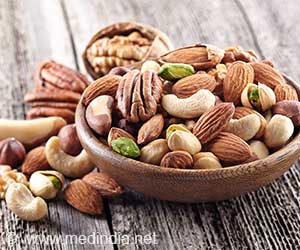A recent issue published by the journal Biological Psychiatry has reviewed various research papers to address the question whether food could be considered an addition.

Food, on the other hand, is a necessity for survival and is distinct from other factors considered addictive. Food has neither a tolerance limit nor withdrawal symptoms. However, there are problems associated with food like eating beyond satiety and binge eating.
The recently updated version of the Diagnostic and Statistical Manual of Mental Disorders (DSM) will include binge-eating disorder as a new type of diagnosis for addiction.
Research has also revealed that the same regions of the brain are active while taking food and with other addictions. This does not necessarily mean that food could be considered an addictive substance.
The journal Biological Psychiatry in an attempt to explore this topic further in its latest issue led by guest editors Drs. Dana Small and Ralph DiLeone, at the Yale School of Medicine, had called for research findings and reviews supporting both sides of the debate.
The research papers had looked at various aspects of addiction like reward mechanisms of the brain, obesity related to over eating, addiction and self control.
This issue highlights the need for further research into the subject.
 MEDINDIA
MEDINDIA




 Email
Email










